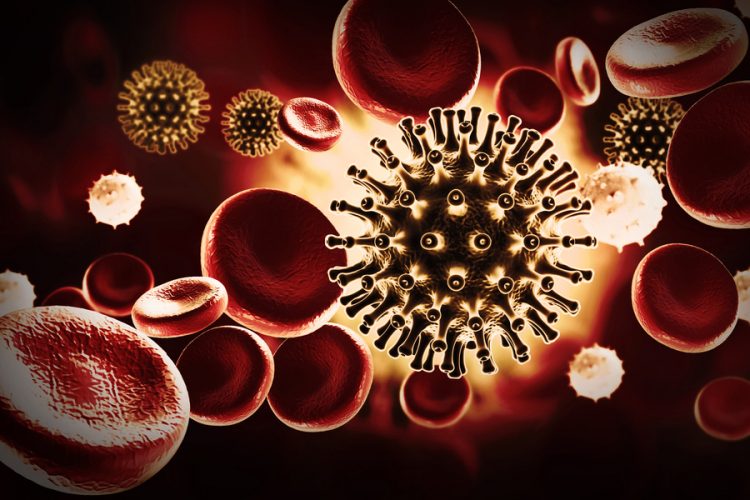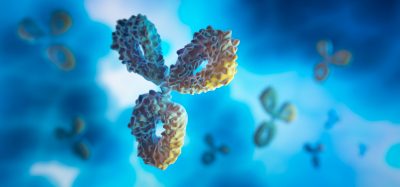VRC01 antibody may prolong time to HIV viral rebound
Posted: 26 July 2017 | Dr Zara Kassam (Drug Target Review) | No comments yet
A study has shown the infusion of a broadly neutralising antibody (VRC01) in virally suppressed volunteers associated with a modestly delayed rebound of HIV…


A study has shown the infusion of a broadly neutralising antibody (VRC01) in virally suppressed volunteers associated with a modestly delayed rebound of HIV after interruption of antiretroviral therapy (ART).
Researchers have evaluated the use of VRC01 in a small cohort of Thai men who were diagnosed and initiated ART within the first month of HIV infection, who had been virally suppressed for about three years.”This is the first time that the VRC01 antibody has been evaluated in people who started ART during acute HIV infection,” said Dr Trevor Crowell, the Military HIV Research Program (MHRP) lead researcher. “We hypothesised that VRC01 might be more effective at suppressing HIV in the bloodstream of these volunteers than had been observed in people who started ART during the chronic phase of infection. These volunteers had a smaller HIV reservoir and less viral diversity, meaning they were less likely to have pre-existing resistance to the antibody.”
Thirteen volunteers with undetectable viral loads were randomised into an intervention group that received VRC01, that inhibits multiple strains of HIV by adhering to the CD4 binding site on the virus. Five volunteers were randomised into a placebo group. Volunteers received infusions at the time of ART interruption and every three weeks thereafter, up to 24 weeks. If the virus was detected in their blood, the infusions were stopped and ART restarted.
There was a delay in viral load rebound in people who received VRC01, which occurred at a median of 26 days versus 14 days in the placebo group. Seventeen of the 18 volunteers experienced viral rebound and re-initiated ART. One participant who received VRC01 was virally suppressed for 42 weeks post-treatment interruption, however within the last few days his viral load has become detectable.
“Although the delayed time to viral load rebound with VRC01 seen here is likely not clinically significant, it taught us two important lessons,” said Dr Jintanat Ananworanich, Associate Director for Therapeutics Research at MHRP. “It provides the basis for future studies in early treated people with combination bNAbs of higher potency, and we can now investigate the samples from this study to identify factors that might have contributed to the delay in rebound.”
Related topics
Antibodies, Antiretroviral Therapies
Related organisations
Military HIV Research Program
Related people
Dr Jintanat Ananworanich, Dr Trevor Crowell








